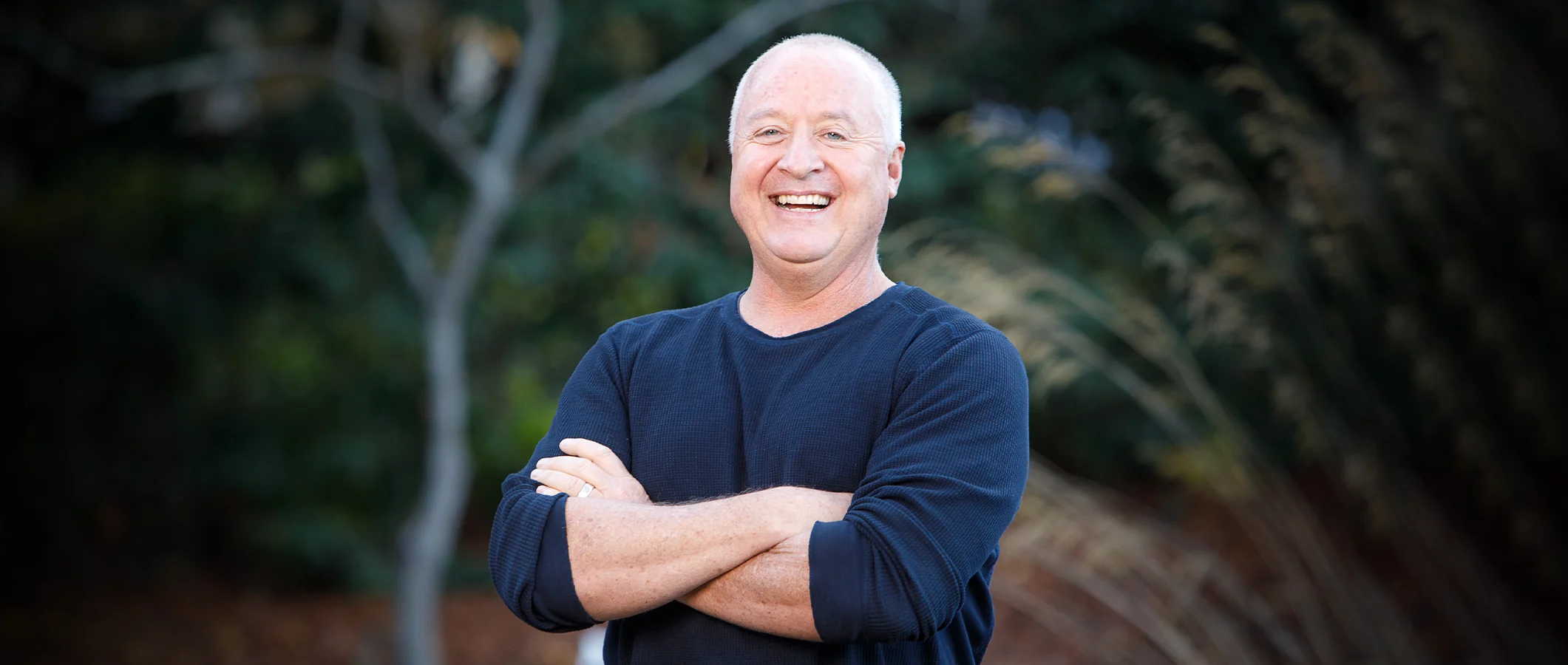Topics
- Post
- Strain
Podcast 158: The Science of Strain with Dr. Andy Walshe

Dr. Andy Walshe discusses physiological and psychological stress and how it affects performance.
This episode is the culmination of our 3-part “The Science of” series, where we’ve examined the key elements of sleep, recovery, and finally, strain. The series demystifies these core concepts, answers common questions, and debunks myths with some of the leading experts in the field. And to explore everything about strain, our VP of Performance Kristen Holmes sits down with Dr. Andy Walshe, one of the world’s leading experts on strain and stress. Dr. Walshe is at the cutting edge of human performance. He is the co-founder of The Liminal Collective, a global community united by passion for human performance, and is the former also Director of High Performance for Red Bull where he helped Felix Baumgartner jump to earth from a helium balloon in the stratosphere. Before that, Andy designed a performance program for the U.S. Olympic ski and snowboard teams, and also worked at the Australian Institute of Sport. Kristen and Andy discuss how our bodies respond to physical and mental stress and strain, how to keep a performance mindset under stress, and why we need to gain a better understanding of underlying strain. Stay healthy and stay in the green!
Science of Strain with Dr. Andy Walshe Podcast Quotes & Highlights
3:46 - Getting Started. Andy started his career in human performance as a gym teacher. “One of the most profound lessons I had in human performance was they gave me 30 four and five-year-olds, kindergarteners [to teach]. It was one of the most traumatic and aggressive learning moments of my life,” Andy jokes. “I reflect on the tools that I used for that group and many times now working with executives and CEOs I use exactly the same tools.” 5:55 - Understanding How Strain Affects You. “Everybody's response [to stress and strain] is very specific and very unique and very individual,” Andy says. “You've got to learn what it does for you and how you respond in that situation.” 8:05 - Hidden Strain. “Beware of the non-obvious stressers,” Andy says, noting some of the psychological factors that can add up strain on your body. “If we take you out and physically challenge you to the edge or we put you in a box of snakes and terrorize you that way, we’ll obviously we see a big spike [in strain. But other factors] can combine [to take a toll on you.] Taking a holistic approach I think is really important.” 11:34 - Benefits of Stress. Think about control as this sort of a fleeting idea. Put yourself in the mindset or the framework that, ‘This is not a threat, [this is a] challenge.’ It's a growth mindset. It's recognizing that stress can be beneficial.” 15:50 - Assuming The Worst. “In the absence of information, human beings typically jump to the worst case scenario. It's a survival mechanism. The unknown can be threatening. Let that out. Don't try and invent a future that may not happen.” 21:38 - Strain Fuels Improvement. You only improve when you're right on the edge of stress. Your body needs a little stress. It needs a little challenge. Your brain, like the rest of your body, will adapt. So we try and get you to play in that sweet spot where you've just got it, but maybe don't have it, but it's not a horrible and terrifying experience.” 24:31 - Cognitive Strain. “When you train really hard in the gym and you do your workout, obviously there's a physiological and cognitive strain. When you just get pure cognitive [strain], like sitting in front of a computer all day, [that also creates strain.] There's even research that shows if you play aggressive games of chess or play chess for a few hours on one day, the next day your physical performance actually drops.” 33:07 - The Importance of Creativity. “The best in the world, no matter where they are in whatever craft they're in, redefine what's possible. They reimagine things in their field, typically in a way that's never been done before,” Andy says. 36:10 - Forging a New Path. “Creativity equals courage. To put an idea out there, to go out and play the game or take that shot or do whatever beyond the norm, you've got to put yourself in a vulnerable situation. So what we actually learned was if we can train you to manage that high stakes, high risk, high threat performance, it then gives you room and confidence to try things differently.” Connect with Andy at https://www.liminalcollective.co/ RELATED: Podcast 145: The Science of Sleep with Dr. Meeta Singh Podcast 148: The Science of Recovery with Dr. Robin Thorpe